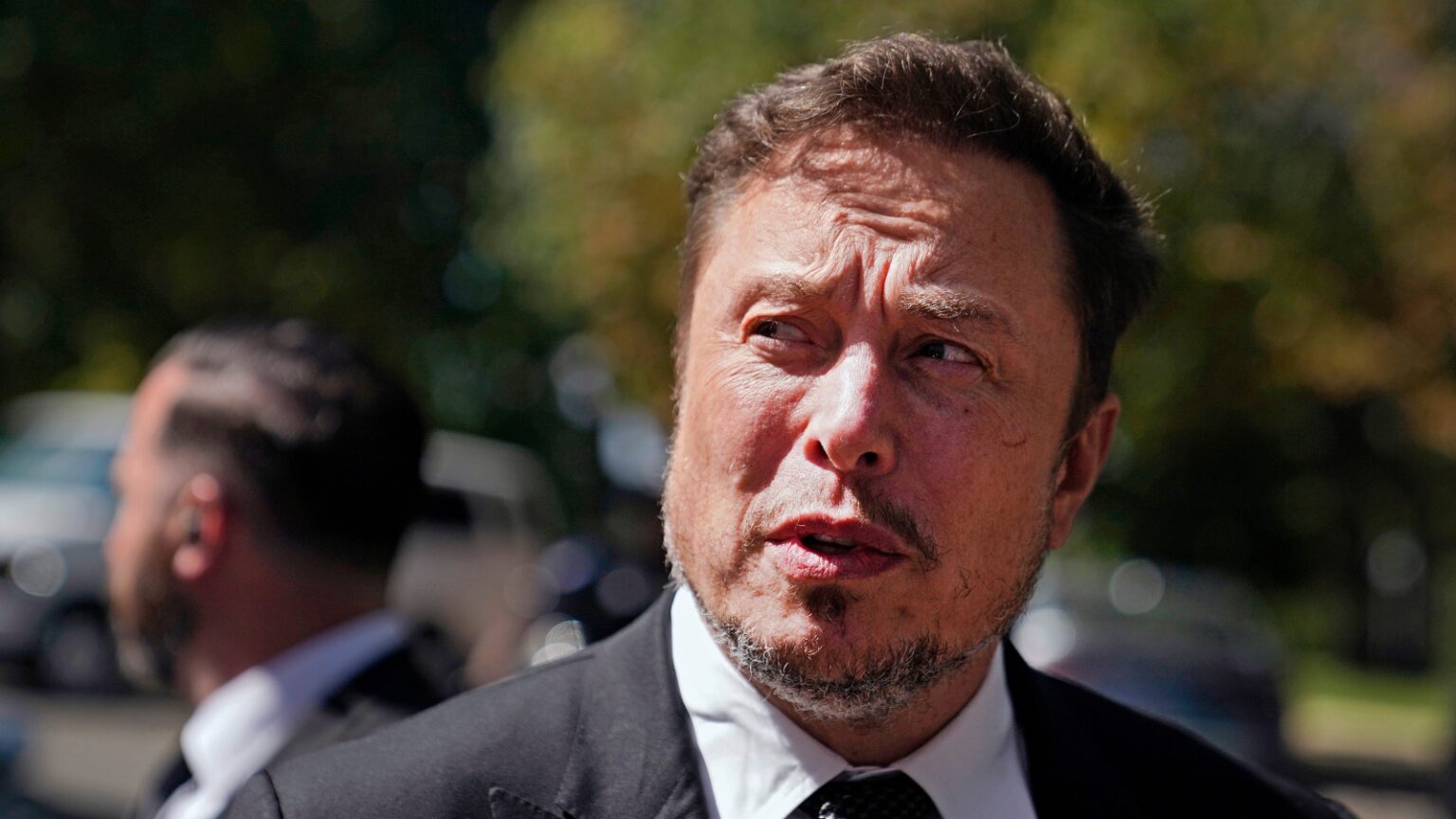A top technology adviser working under Elon Musk’s Department of Government Efficiency has made a shocking revelation about the Internal Revenue Service’s (IRS) outdated infrastructure, describing it as a project that is decades behind schedule and significantly over budget.
During an interview with Treasury Secretary Scott Bessent on Fox News’ “The Ingraham Angle,” Sam Corcos, who has been tasked with modernizing the IRS’s software and computer systems, exposed the extent of inefficiencies plaguing the agency.
“I’ve been brought in to look at the IRS modernization program, as well as the operations and maintenance budget,” Corcos said. “This is a massive program that is already 30 years behind schedule and $15 billion over budget.”
IRS Relying on Outdated Tech While Taxpayers Foot the Bill
According to Corcos, the IRS still depends on antiquated mainframes running COBOL and Assembly, programming languages that most modern financial institutions phased out decades ago. The failure to upgrade these systems has resulted in inefficiencies that not only affect tax collection but also increase reliance on costly government contractors.
“Virtually every major bank has already done this,” Corcos noted. “But we’re still using legacy systems that should have been replaced in 1996.” He explained that in the private sector, such an upgrade would typically take just a few years and cost a few hundred million dollars. Yet, after 35 years, the IRS modernization project remains unfinished, and American taxpayers continue to bear the financial burden.
Bessent echoed Corcos’ concerns, pointing to government contractors as a major obstacle preventing the IRS from moving forward.
Contractors Are “Choking” the IRS Modernization Effort
“The problem isn’t with IRS employees,” Bessent said. “It’s these consulting firms—they’re like a boa constrictor around our government, draining resources and inflating costs beyond belief.”
Bessent argued that these entrenched interests, supported by Democrats, mainstream media, and deep-pocketed contractors, are deliberately working against the efficiency reforms proposed by Musk’s Department of Government Efficiency (DOGE).
“This isn’t about eliminating the IRS,” Bessent clarified. “It’s about making the system work better, cheaper, faster, and with more privacy for the American people. But there are forces who don’t want that to happen.”
Musk Uncovers “Magic Money Computers” Sending Funds Without Oversight
Meanwhile, Elon Musk himself revealed another alarming discovery related to government spending. Speaking with Sen. Ted Cruz (R-TX) on Monday, Musk claimed that 14 “magic money computers” exist within the U.S. Treasury and other federal agencies, generating unauthorized payments without proper oversight.
“These systems are just sending money out of nowhere,” Musk said on Cruz’s podcast. “There’s no accountability for where the funds are going, and lawmakers aren’t even getting an accurate picture of federal spending.”
Musk explained that these computers are primarily located within the Treasury Department, Health and Human Services (HHS), the State Department, and the Department of Defense. He warned that due to these systems, reported government spending could be off by as much as 5%, an alarming figure given the federal budget’s scale.
Trillions of Dollars in “Improper Payments”?
Cruz reacted strongly to Musk’s revelation, suggesting that the total amount of “improper payments” could reach into the trillions.
Musk agreed, noting that the Treasury Department’s inability to accurately track expenditures means lawmakers may never fully understand how taxpayer money is being spent.
“You’d think that government systems talk to each other, that everything is synchronized, and that the numbers presented to Congress are real,” Musk said. “They’re not.”
Calls for Reform Grow as Wasteful Spending Comes to Light
With Musk’s Department of Government Efficiency exposing widespread government mismanagement, the pressure to reform agencies like the IRS and the Treasury is mounting. As taxpayers continue to foot the bill for inefficiencies and unaccounted spending, demands for greater transparency and modernization are likely to intensify in the coming months.
